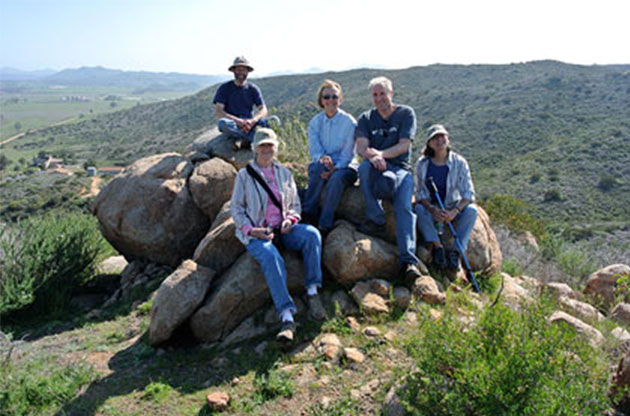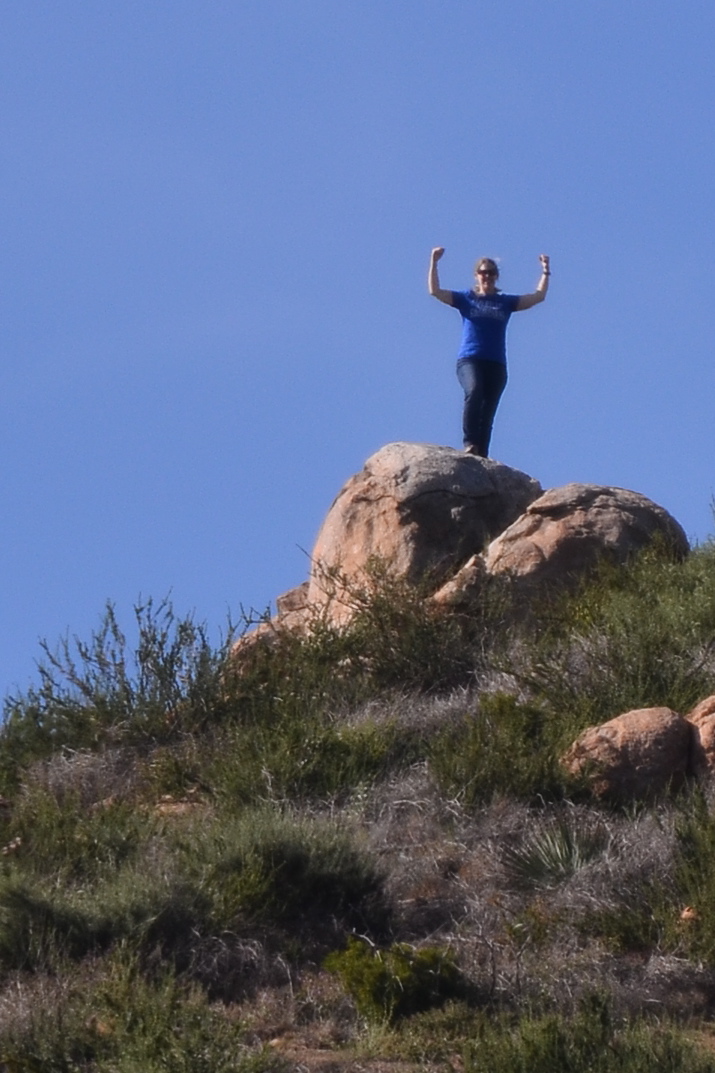
As each day brings us scenes of sectarian conflict and heart-wrenching misery, I wish I could share what I’ve learned with these poor, afflicted people and help them find a safe harbor.
My daughters and their families are Catholic, my son Jewish, his wife, Buddhist. My sisters are Unitarian, one brother follows the Tao and another ranges through many schools of thought. My in-laws include Spanish and Irish Catholics, Conservative and Reformed Jews. All are good, moral people. I can see that each of their beliefs has its place and purpose for them, and helps them navigate life.
But different beliefs can separate people, creating dissension and discord.
When my husband and I agreed to divorce, I found that my church would accept me only if I denied my marriage through annulment, which would be very expensive and make my children’s births legally ambiguous. I told my father I no longer felt our church was for me. He was furious. He tried to dissuade me, not from the divorce, which was needed, but from leaving my church. When I wouldn’t comply with his wishes, he sent me away, telling me never to come back to his home.
I did move away, and met the man who would become my second husband. Then his parents tried to dissuade him from marrying me because I was not of his faith! But he accepted me and we made our marriage work. We raised our son in the Jewish tradition, and I investigated many beliefs, looking for a safe harbor. I always loved Christ’s message but was surprised how differently it was interpreted by divergent groups.
Then I got a job working for a boss who had a cheerful and kind way of running things – a breath of fresh air in the working world. I wondered what made him tick. One day I asked him about a beautiful wooden box on his desk. He said it had been hand crafted by fellow students at the school where he studied the Lemurian Teachings, derived from an ancient civilization on a continent that had once existed in the Pacific Ocean.
I had heard of the “lost continent of Mu,” and was intrigued. When I found the Lemurian Fellowship was a distance-learning school, so you could study at home wherever you lived, it didn’t take me long to write. I wanted the calm, cheerful faith my boss had!
I learned that the Lemurian Philosophy is based on Christ’s teachings and it was presented in a straightforward, inclusive way. As I read the lessons and corresponded with the teachers, the history of the world and how things came to be as they are, made more and more sense. How each belief system began was revealed, along with the need for everyone to understand and use basic virtues and universal laws to create a better and happier life. We aren’t really so different from each other, after all.
My years as a Lemurian student working to understand and apply tolerance, so difficult to practice consistently, have enabled me to more calmly accept decisions my beloved family members have made, as their own and right for them. If this simple thing could be done by everyone, all could find this safe harbor and how much closer to harmony the world could be!

